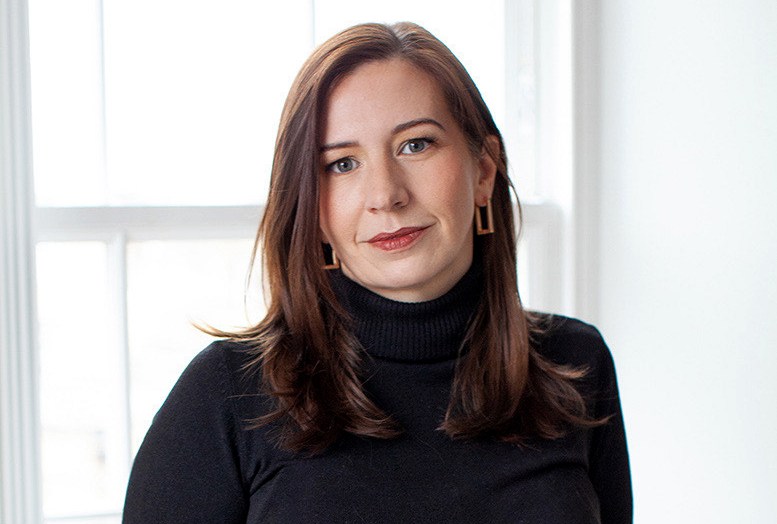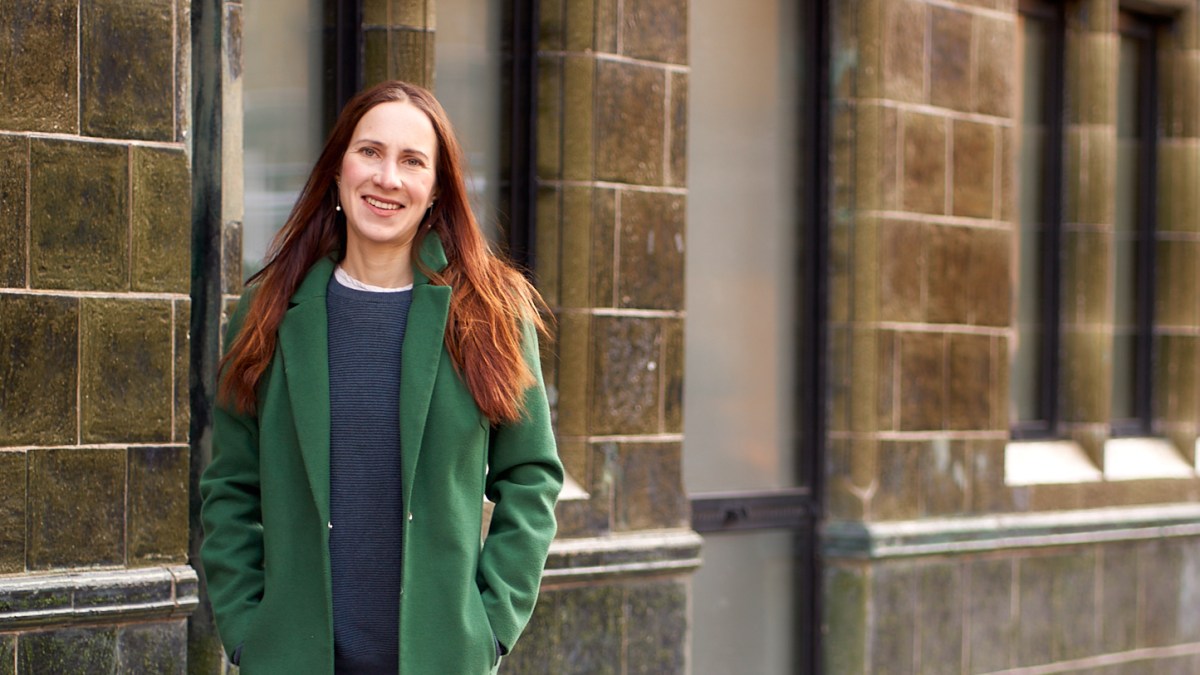The largest generational wealth shift in British history has begun. Over the next 30 years an estimated £5.5 trillion will be passed down the generations.
Not every one will be lucky enough to receive an inheritance, however, and many are at risk of being left behind.
Every year, according to the Institute for Fiscal Studies (IFS), a think tank, £17 billion is given away or lent as part of what has been dubbed “the great wealth transfer”. The cash flows almost exclusively from parents to their adult children.
Half of it goes towards buying or renovating properties, meaning that the housing market is benefiting significantly from the wealth transfer. Almost half of renters say they would find it impossible to buy a home without an inheritance or loan from a family member, according to Barclays.
Hereditary access to wealth does not just open the door to owning your first home. It also gives your access to a better job. For example rent in London is almost double the national average, meaning those without a leg-up are often locked out of the city’s job market — and all the opportunities that come with it.
Family wealth also allows you to clear student debt quicker or secure a lower mortgage rate, leaving you with more disposable income. It might also allow you to pay for a wedding without saving, the cost of which now averages £23,250 according to the wedding comparison site Hitched. That’s more than a third of an average first-time buyer’s house deposit.
One in five millennials, those born between 1981 and 1996, say they are not focused on saving for retirement as they expect to inherit money or property, according to the pensions firm Standard Life. This rises to nearly one in four among Generation Z, those born between 1997 and 2012.
But this enormous transfer of money threatens to create a wealth divide. Gifts are concentrated among the wealthiest families, according to the IFS, which found that the top 20 per cent of earners receive 26 times as much as the bottom 20 per cent. Between 2018 and 2020, the top 5 per cent of transfers accounted for more than half of the total moved from one generation to another.
‘My friends don’t save because their dad will give them money’
Francesca Baker-Brooker saved money to buy a house while living with her parents
JOSEPH GATT
There is a growing awareness among young people who do not come from wealthy families that the odds are stacked against them.
“I have no grandparents and my parents have very little money,” said Francesca Baker-Brooker, 38, from Kent, who is one of the millions of young people not expecting to inherit a penny. She has managed to buy a flat in London by saving up while living with her parents.
“A lot of people just expect that their parents will help them out, so they don’t have to work. I have friends who tell me that they don’t have to save because their dad will give them some money so they can buy a house, or just wing it and do whatever they want.”
On the other end of the spectrum is Adam (not his real name). The 28-year-old from Hertfordshire bought a house in Islington, north London, during the summer. While he managed to secure a big mortgage thanks to his job in the financial sector, he also got significant financial support from his parents.
He said: “Fundamentally the wealth transfer is unfair. But the way that the promise of getting a degree leading to a good job and a house has deteriorated has exacerbated a problem that was just under the surface anyway.
“At the end of the day, I still want that for myself and it wouldn’t make sense on a personal level not to take the opportunity. And this is what my parents have worked for. It was always their plan to do their best to support their children in the future.
“Buying a house is the most difficult thing for younger generations now, and helping us do it is an efficient way to transfer accumulated wealth compared with [waiting until] inheritance.”
Laura Weldon, 40, from Manchester, inherited a lump sum of £30,000 early in her life when her father passed away. Her mother invested the money in a personal pension, and the sum has grown significantly in the decades since.

Laura Weldon: “Lots of us need cash right now, but we still need to somehow save for the future”
HELEN BOOTH
This means Weldon is feeling confident about her retirement, but she sympathises for those who are unable to build a meaningful pension pot and do not have wealth to fall back on.
She said: “If I had to save on my own from my work income, I would have less than £20,000 in my pension pot right now. It’s really difficult for people my age and younger who are in really difficult financial situations, and we’re told we need to consider a scenario in 30 years’ time. Lots of us need cash right now, but we still need to somehow save for the future. I’d rather have a dad, obviously, but without this lump sum I’d be in trouble.”
• Why millennials waiting for a big inheritance may be disappointed
Beatrice Boileau from IFS said: “As inheritances and gifts become more important, they are really making inequality within this younger generation worse, based on who has parental wealth and who hasn’t.”
The children of homeowners are more than twice as likely to become homeowners themselves as the children of renters, according to the IFS.
Angus Hanton, the cofounder of the Intergenerational Foundation, a think tank, said: “It creates an element of resentment. Two people who are in the same position in terms of ambition, enterprise, geography and educational enterprise can suddenly find themselves in very different boats.”
Social mobility reversing
The remarkable performance of the property market has enriched millions of people who bought a home when they were much more affordable. The average price has more than trebled from £84,000 in 2000 to £293,000 today, according to the Office for National Statistics (ONS).
Meanwhile, wages have been stagnant in real terms since the financial crisis in 2008. In 1997 the average house price in England was 3.5 times the average wage, but that has grown to almost 8 times. This means that someone’s power to improve their financial circumstances through hard work has diminished, Boileau said.
“For much of the 20th century, we saw social mobility increasing. Where you ended up in life was less determined by parental factors, and more by how hard you worked. But over the past 15 years this has gone into reverse,” she said.
“Things are getting so much tougher for those that don’t have the help. This is because of the increase in value and concentration of inheritances, and also the fact that wage growth has been so sluggish over the past 15 or so years.
“Whether or not you’ve got parents with wealth is so much more important than in the past.”
Baker-Brooker said: “It feels like the wealth transfer will just perpetuate inequalities. People whose parents made some good financial decisions will reap the benefits.”

Isabel Sanchez would find it impossible to buy a house without family assistance
ISABEL SANCHEZ
Isabel Sanchez, a 28-year-old piano teacher and DJ who lives in London, said: “When my grandparents pass away, there’s going to be a very nice inheritance. But apart from that, my family will definitely help me get a house when I want to.
“I’m very lucky to have a really good safety net. It gives me a lot of peace.”
As a freelancer, Sanchez believes she would find it impossible to buy a house without help from her family. She said: “Nobody in my friendship group, many of whom are also artists and musicians, has bought a house. There is definitely an imbalance between those who can and those who don’t know how they could ever do it.”
Gifts that keep on giving
Gifts from parents or grandparents in their lifetime can prove much more helpful than inheritances, Hanton said.
“One of the problems with longer life expectancies is that younger generations inherit so late. If you inherit at the age of 55 or 60, you’ve already sorted out your house, you’ve paid for your children.”
Boileau said: “One reason these gifts and loans are so important compared with inheritances is their potential to really influence the compounding of wealth over time.”
One example of this when gifts can be used to partially or fully avoid mortgage interest, which has become a much bigger benefit in the last four years because of higher interest rate rises.
A first-time buyer with a mortgage of £300,000 at 4.52 per cent — the average two-year fixed mortgage rate, according to the property portal Rightmove — forks out £1,129 each month in interest alone. Cash buyers avoid this cost entirely.
Those who cannot afford to buy at all are subject to the fluctuations of the rental market. Between February 2024 and September 2025 the average monthly rent in England rose 10.5 per cent to £1,410, according to the ONS. Tenants in England spend more than a third of their income on rent, a figure that rises to 41.6 per cent in London.
• Family rifts and double tax: the reality of the great wealth transfer
It is not just in homeownership where the transfer of wealth makes a big difference. Anybody fortunate enough to have their university tuition fees and maintenance costs paid for will dodge a debt that averaged £53,000 for students who graduated last year, according to the Student Loans Company. As with mortgages, avoiding debt also means avoiding interest, which is 6.2 per cent for higher-rate taxpayers on student loan balances.
Boileau said: “People who receive gifts and loans from their parents are also much more likely to start a business. Being able to transcend credit constraints can lead to really high financial returns for some people.”
Falling living standards
A growth in inequality stemming from the great wealth transfer will lead to lower homeownership rates, and that could have a devastating impact on the retirement prospects of millions of young people.
More than a third — 38 per cent — of the working population expect to have a worse standard of living in retirement than they have now, according to Standard Life. A poll of 3,000 working-age people by YouGov found that half of them expected to be worse off than their parents in retirement.
Mike Ambery, Standard Life’s retirement and savings director, said: “Retirement living standards are based on homeownership. Our analysis shows that the cost of private renting over the course of retirement is almost £400,000. Can people afford not to own their own home in retirement? Not at all.”
Boileau said one way the government can mitigate the growing inequality in homeownership is to build more homes.
“This government, to its credit, has focused on building more houses. That could bring down prices and make it easier for people to get on the housing ladder, reducing the importance of housing wealth. But we’re pretty unlikely to see a meaningful fall in prices at the present pace of building,” Boileau said.
Despite the government’s goal of building 1.5 million homes during this parliament, only one in nine councils are delivering homes fast enough to hit the national target.
Another way the government could incentivise a more even distribution of wealth is a lower rate of on inheritance tax on gifts to non-family members, Hanton said.
“Currently, few gifts are given outside the family. But if you give more than 10 per cent of your estate to charity, inheritance tax is 36 per cent instead of 40 per cent. That means the Treasury has accepted the principle that it will modify the rate in certain circumstances.
“That could be used to incentivise giving gifts to non-family members, for example if you have a godchild who doesn’t have well-off parents. That could help to address the problem.”
Those not in line to receive gifts or inheritances have little option but to save as much of their income as possible to prepare for the future, Hanton said.
“The obvious answer is to save in pensions and Isas, which give tax deductions. But there is a growing frustration among the younger generation that this is no country for young people.”

